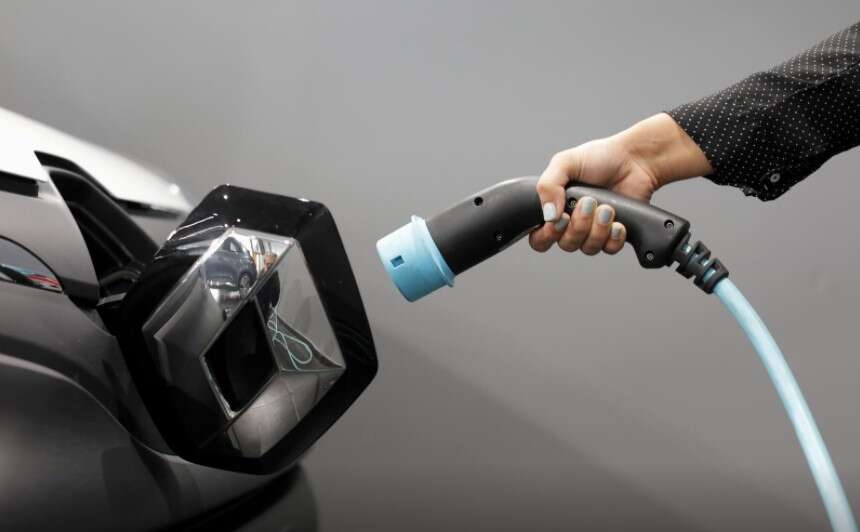
Jessica Rabe, co-founder of DataTrek Research, is out with some comments on electric vehicles. Rabe believes their adoption will come down to infrastructure, and not the car or truck itself.
By infrastructure, Rabe means charging stations, because she says that if you don’t own a Tesla with access to its Supercharger network, it can be a challenge to find a station that is available and works to charge your non-Tesla EV.
Additionally, Rabe makes the point that charging an EV can take hours vs minutes when refueling gasoline-powered vehicles. She says this issue contributes to “range anxiety,” which she sees as a major impediment to more consumers embracing EVs.
Given the importance of EV charging stations to the growth of the EV market, Rabe offers three key takeaways. First off she says that the number of charging stations in China far exceeds both Europe and the US, while the US is lagging far behind both.
Additionally, Rabe says that it’s too capital intensive and difficult for car companies to create and operate their own networks like Tesla, therefore, “building out the U.S.’s EV charging station network will require a collaboration between public governments, such as local municipalities, and private entities, including utility companies, automakers and EV charging companies.”
Finally, Rabe says that President Joe Biden has proposed spending $15 billion to create 500,000 charging stations in the U.S. by 2030. However, Rabe believes it will take closer to $50 billion, and she says that getting the plan approved by Republicans in the current infrastructure bill will be another challenge.
Rabe’s bottom line is that “there’s a chicken-egg dynamic” at work between the need for more EV charging stations to drive EV adoption, and making the charging station business viable without enough demand.